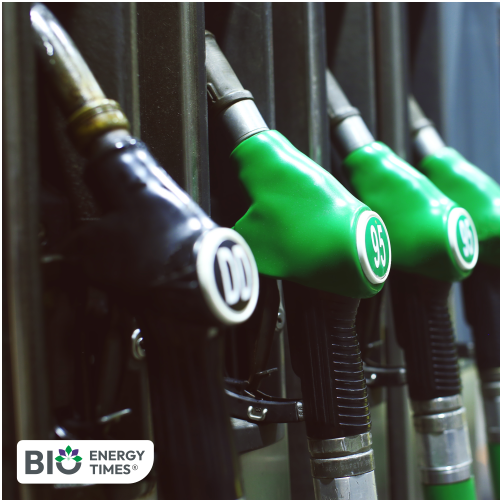The Indian Sugar & Bio-energy Manufacturers Association (ISMA) has commended the Indian government for successfully reaching the milestone of 20% ethanol blending with petrol, five years ahead of the original 2030 target. The association described the achievement as a major step forward in strengthening energy security, advancing environmental goals, and supporting rural development.
In a statement, ISMA credited the rapid progress to the leadership of Prime Minister Narendra Modi and the government’s consistent push for the ethanol blending programme. It called the milestone a pivotal moment in India’s transition toward green energy and self-reliance.
What began as a modest 1.5% blending initiative in 2014 has grown steadily to reach the 20% mark in 2025, reflecting significant expansion and commitment over the past decade.
A Transformative Shift
Blending growth: Ethanol blending rose from 38 crore litres in 2014 to 661.1 crore litres as of June 2025.
Environmental impact: 698 lakh tonnes of carbon dioxide emissions have been reduced.
Support to farmers: Farmers have received ₹1.18 lakh crore in payments.
Investment in distilleries: ₹1.96 lakh crore disbursed to distillery units.
Savings in foreign exchange: The programme has conserved ₹1.36 lakh crore in forex.
India’s ethanol industry draws strength from the country’s robust agricultural base, with sugarcane-derived ethanol—produced from sugarcane juice, B-heavy molasses, and other by-products—playing a vital role. This has not only helped reduce the country’s reliance on imported fuel but also uplifted farming communities and rural economies.
“This is a landmark achievement for India’s energy independence and rural empowerment,” said ISMA Director General Deepak Ballani. “It brings pride to every farmer, mill, and stakeholder involved in the ethanol ecosystem. The government’s clear policy vision and determined execution have enabled this success five years ahead of schedule.”
Ballani added that the achievement reflects the country’s ability to align strong policy frameworks with effective on-ground execution, positioning India firmly on the path toward sustainability and self-reliance in clean energy.
ISMA concluded its statement by reaffirming its full support for the government’s future energy and agricultural initiatives, expressing readiness to continue advancing the ethanol and clean fuel movement in the years to come.















